Formula-1: Why does Azerbaijan need it?
Formula-1 in Azerbaijan
Since 2016, Formula-1 or the ‘Royal races’, as they are commonly referred to, have no longer been something luxurious that Bakuvians used to watch on TV some 1,000 kilometers away from the event venue.
Azerbaijan will host the second Grand Prix in its history in June 2017.
Meanwhile, there have been still lively discussions on whether the South Caucasus richest country needs that Formula-1 or not.
Azerbaijan has long got the international community used to holding the huge international events, mostly the sports ones.
- The first European Games were held in Baku in 2015;
- The 4th Islamic Solidarity Games, with the estimated cost of US$100million, are scheduled in May 2017
- Baku has already won the right to host the European Youth Olympic Festival (EYOF) in 2019;
- Whereas in 2020, Azerbaijani capital will be hosting 4 matches as part of the European Football Championship (UEFA EURO 2020).
And since 2016, Baku has been linked to Formula 1 for 10 years.
Why does Baku need Formula-1?
“Initially, the races were viewed as a business project, aimed to promote Azerbaijan among Formula-1’s 500million ready-made audience around the world and attract them to travel to the country as tourists,” says Nigar Arpadarai, the Head of Baku City Circuit Marketing and PR Department.
“The races are broadcasted in many countries worldwide, which means that Formula-1 fans can simultaneously admire Baku’s landscape and beauty,” says Nasib Usubov, A La Carte Travel company manager.
Natig Jafarli, an independent economist, believes that it’s impossible to attract tourists merely by holding huge evens, be it the musical (like the Eurovision Song Contest) or the sports ones (like European Games or Formula-1). The tourism sphere requires radical changes, starting from elimination of the administrative barriers and ending with some mid and long-term projects.
Tourist rates keep growing
According to the available statistics, over 1,7million tourists visited Azerbaijan within 9 months of 2016, which is by 11 % more than in the same period of 2015.
At the same time, the number of tourists from the United Arab Emirates (UAE) increased 34 times.
Nigar Arpadarai says, a large influx of tourists from the Arab countries is directly related to Formula-1.
“We have produced a couple of promo clips about Baku, the culture and architecture of Azerbaijan, the national cuisine, as well as about the unique peculiarities of Baku F-1 races. They were aired by BeINSports in more than 30 countries of the Middle East, North Africa, Europe and Asia. The fact that we held Formula-1 influenced the people’s desire to travel to Baku. “
However, Natig Jafarli says, Formula-1 wasn’t the reason for the Arab tourists’ mass arrivals.
“Visa issuance procedures for the citizens of Arab countries have been considerably simplified since early this year. In addition, the Turkish travel agencies also lent their help, having redirected part of the tourist flow to Baku due to the developments in their country.
Nasib Usubov, an expert in tourism sphere, doesn’t think there will be huge number of tourists during the Baku races.
Formula-1 is a specific type of sport that has its own audience. During such events, all central hotels in Baku are packed with people, while other hotels start raising prices, all arterial roads are blocked and that’s not beneficial for an ordinary tourist who is interested in visiting the country itself, rather than the races.”
Can the project be profitable?
More than 25,000 people from 47 countries of the world attended the racing weekend in Baku, held as part of Azerbaijan’s first-ever Grand Prix in June last year. Revenues from the F-1 ticket sales made AZN4million (at the exchange rate on the Grand Prix date, approximately US$2,6million).
The expenses made AZN100million (approximately US$62,million, at the exchange rate on the Grand Prix date). Azad Rahimov, the Minister of Youth and Sports, provided the aforesaid figures.
The total of 25,000 tickets were sold and most of them were bought by the Azerbaijani citizens.
Rahman Hajiyev, ‘The First News’ agency editor-in-chief and initiator of a special project dedicated to conducting the first ever Grand Prix in Baku. Speaking about the financial profit, he says, that the business model here is significantly different from any other sport.
And what makes it different from other contests is that the Grand Prix organizers practically DON’T GAIN any profit from TV broadcasting, merchandising, from corporate client services (e.g. from Paddoc Club) or even from promo banners.
Funds raised from the aforesaid revenue items go straight to the Formula One Group, to the F1 legendary chief, Bernie Ecclestone.
For Azerbaijan, the best example is the experience of Singapore, which also holds Formula-1 Grand Prix on urban roads.
In Rahman Hajiyev’s words, in order to gain profits from a 3-day event at full, the Singapore government suggested expanding the event to the so-called ‘Grand Prix Season’, that lasts for 2 weeks and serves as a driver for attracting tourists from neighboring countries, such as Australia, China, India etc.
The Grand Prix Season includes concerts, seashore festivals, numerous entertainment activities and motor-shows. Such events allow to hold tourists in the country for a longer period of time.
Singapore Tourism Board, a governmental agency in charge of coordination of the Grand Prix, actually pumps up the city with adrenaline and numerous breathtaking events in major tourist areas, at the expense of high concentration of entertainment events and activities and bustling nightlife along the Singapore River.
Can Azerbaijan follow that path?
According to Nigar Arpadarai, when it comes to revenue, which the host country receives from the race, one shouldn’t forget that they are divided into direct and indirect ones. In this case, the indirect incomes exceeds the direct ones.
“In our case, direct incomes are the funds raised from ticket and corporate package sales. As for indirect incomes, those are the dividends won from country and city promotion during the 3-day broadcast of F-1 race by the global TV channels, as well as numerous news and publications about Baku phase throughout the entire race preparation period.”
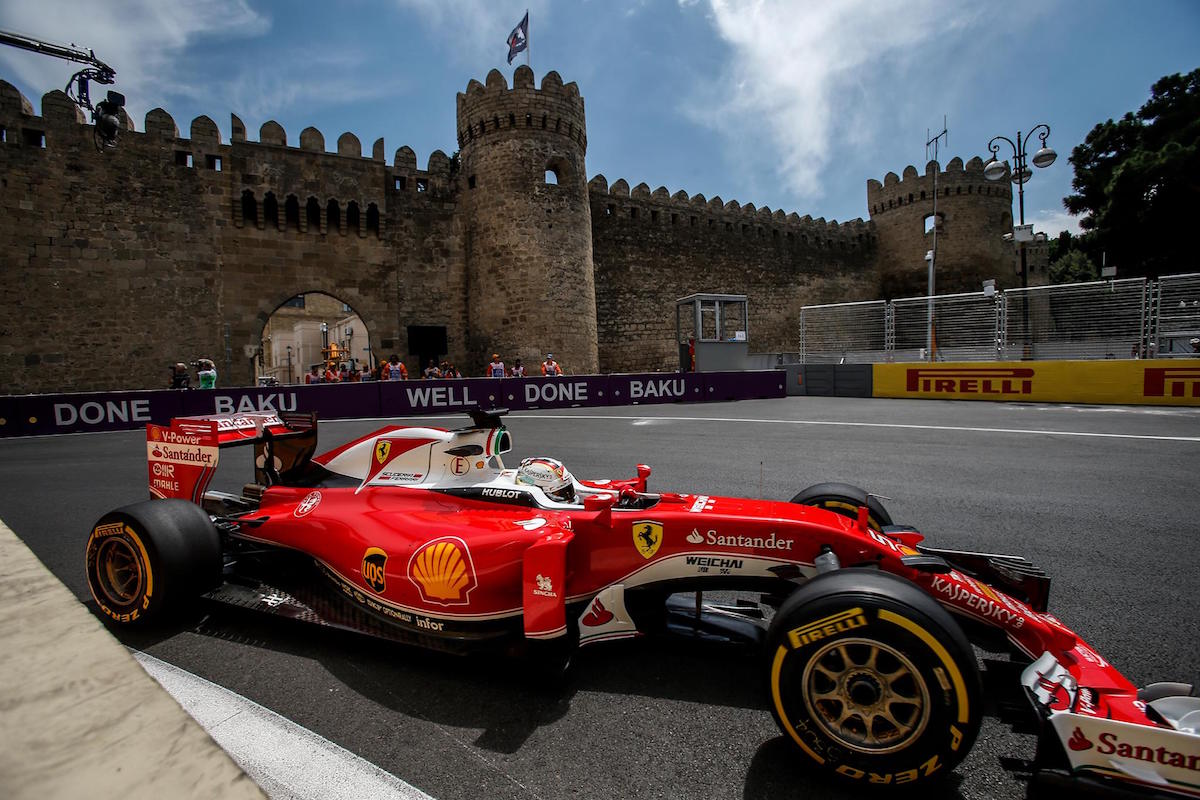
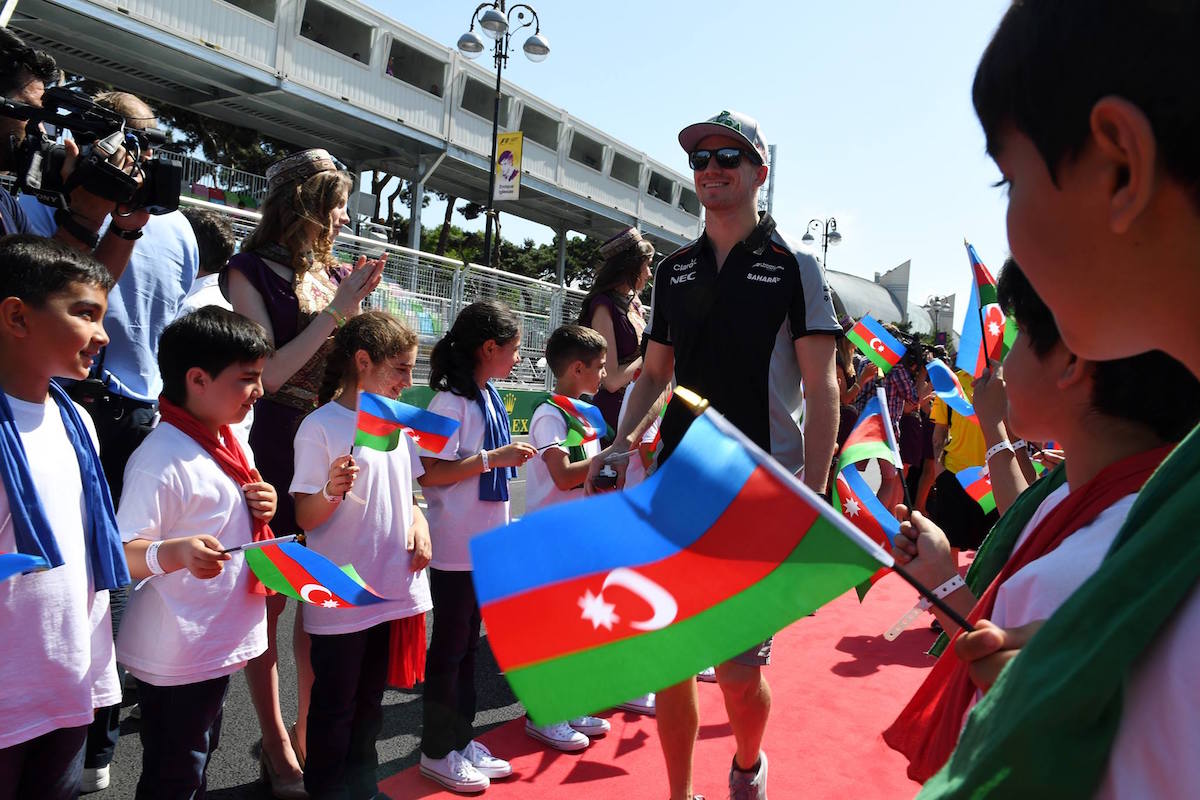
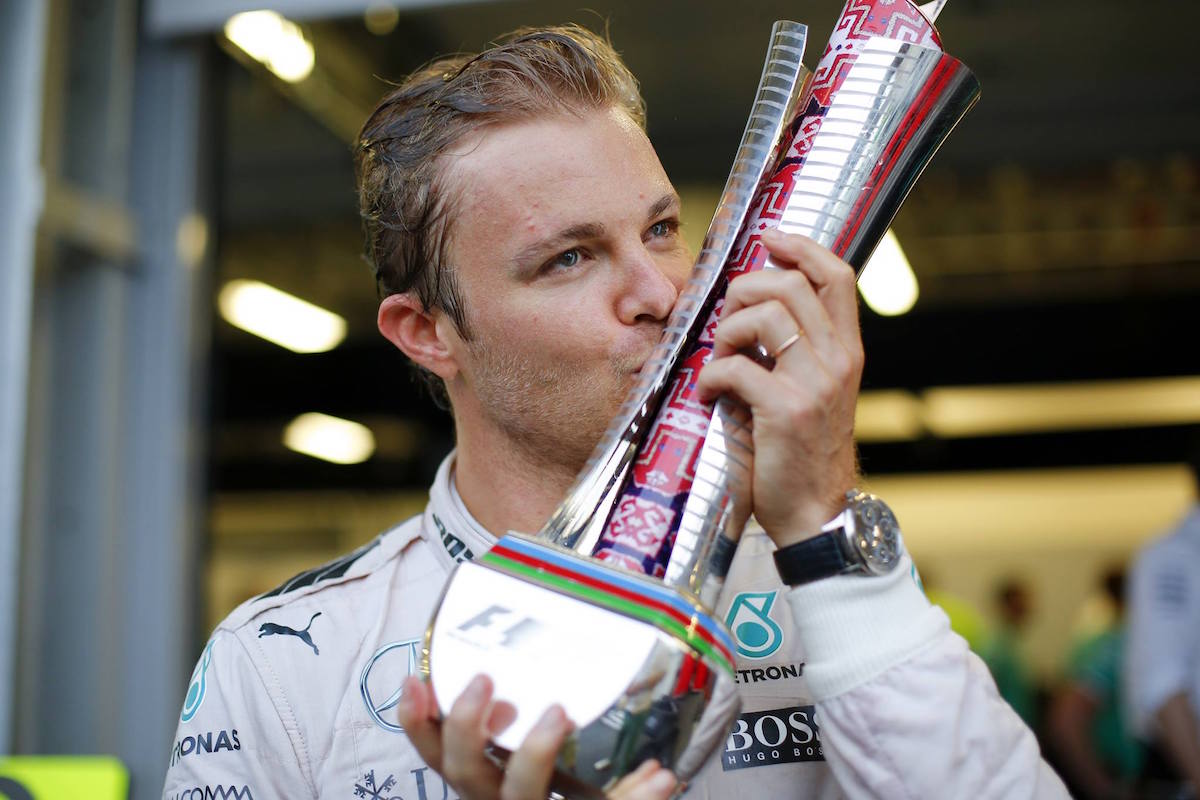
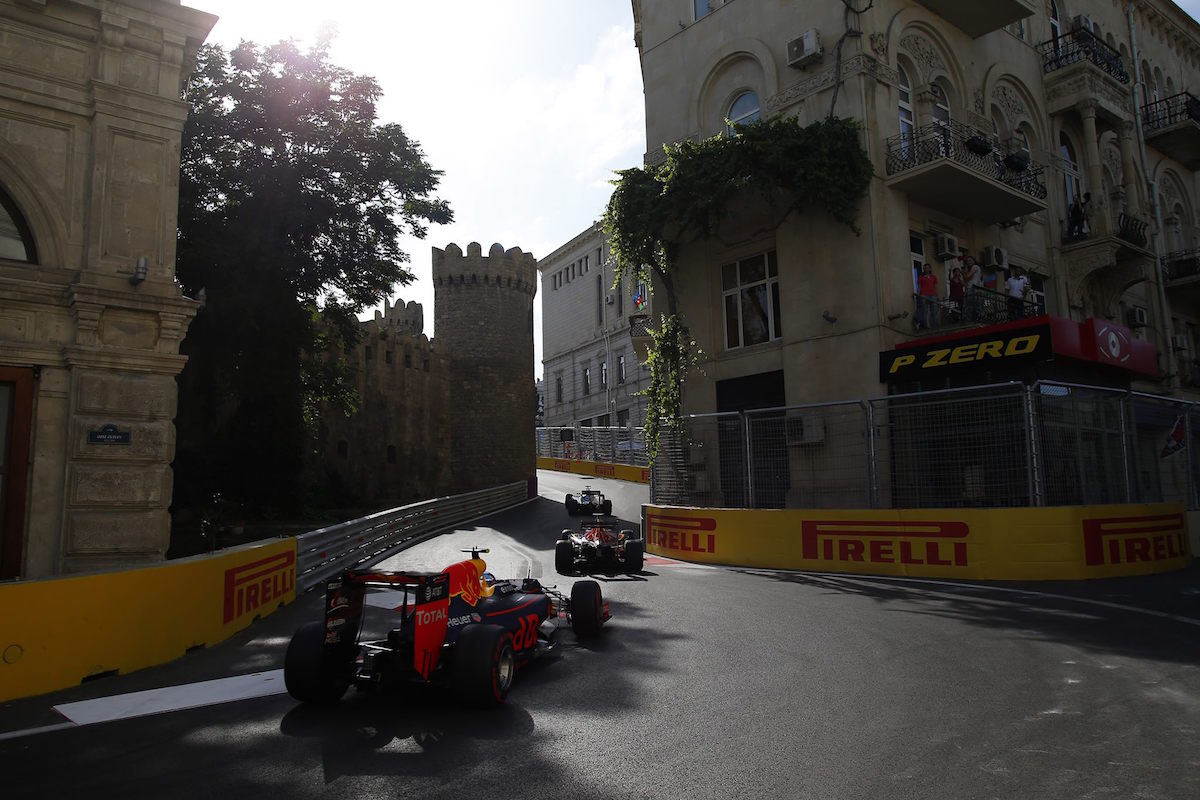
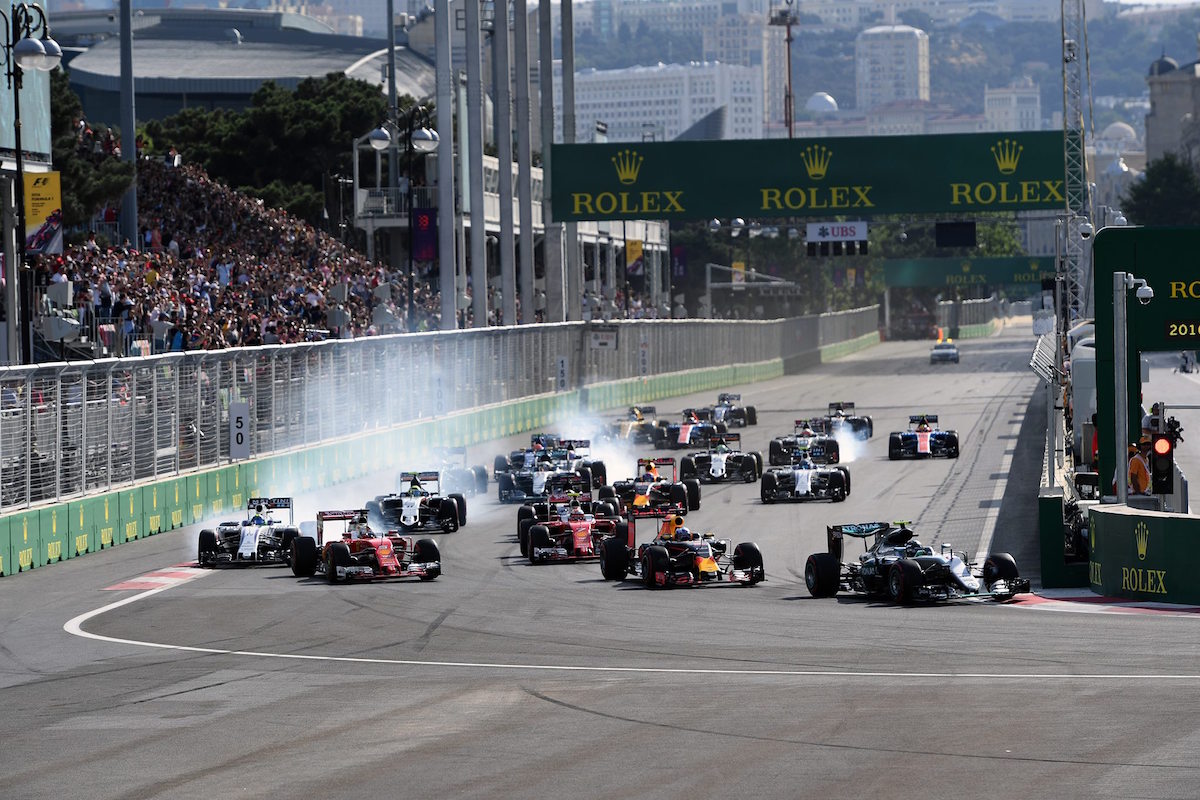
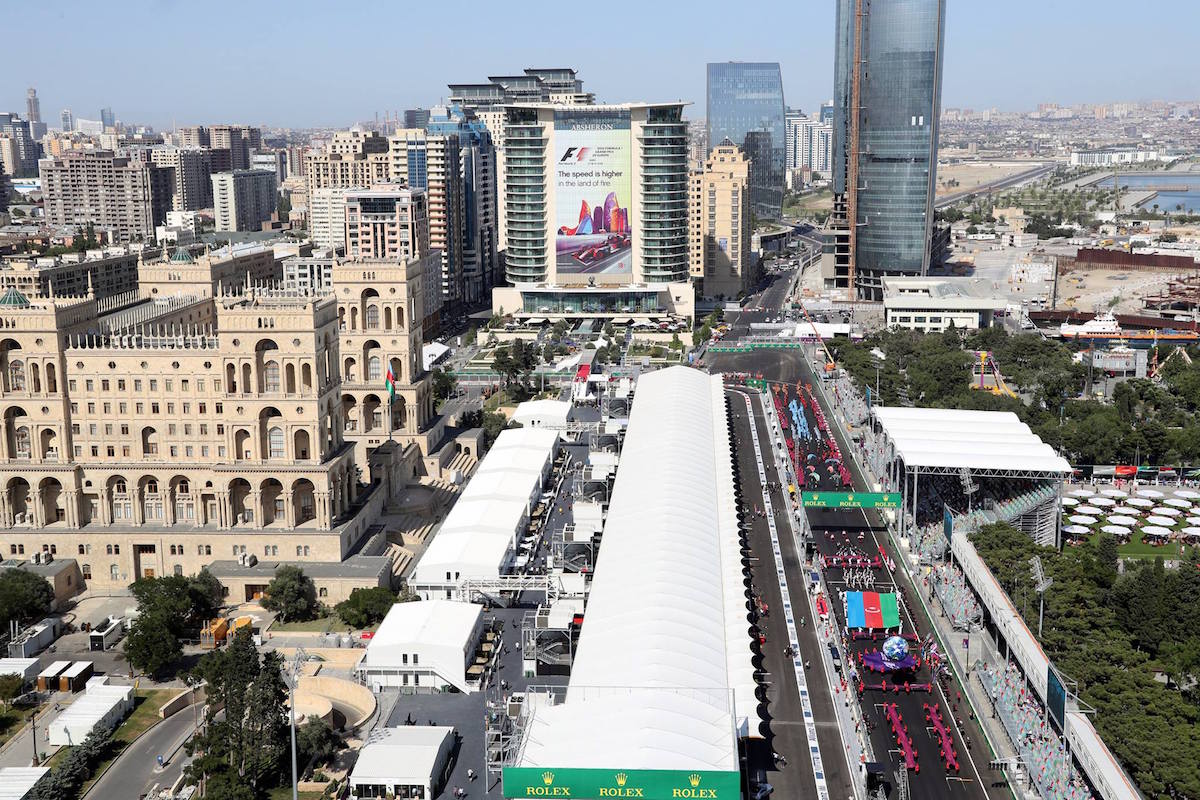
photos from the Formula-1 website


















